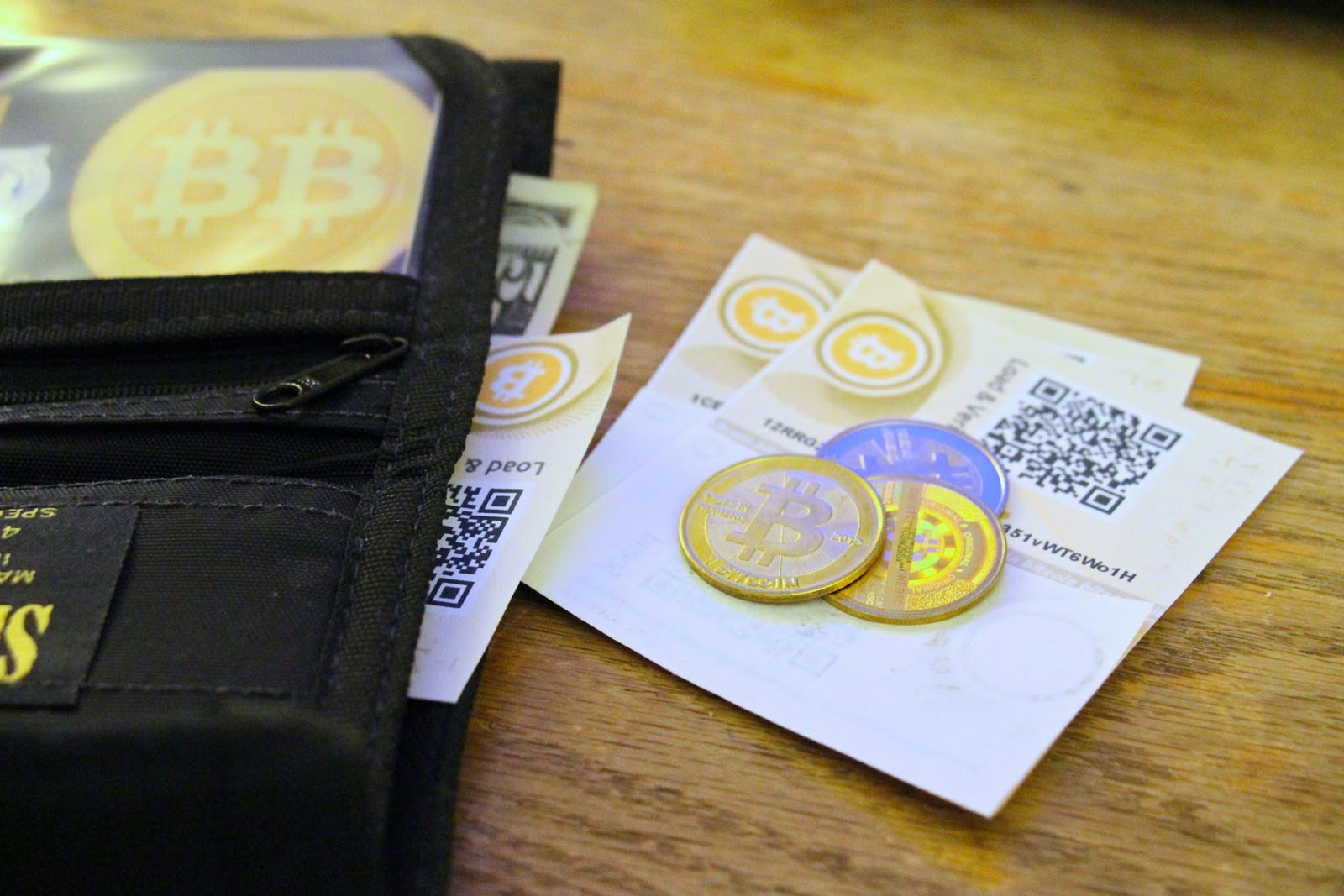
Miners were able to seek out bitcoin cash beginning Tuesday August 1st 2017, and the cryptocurrency-focused news website CoinDesk said the first bitcoin cash was mined at about 2:20 p.m. When the digital currency officially forked and split in two: bitcoin cash and bitcoin. One of the biggest moments for Bitcoin came in August 2017. But with more bitcoins in circulation, people also expect transaction fees to rise, possibly making up the difference.

With bitcoin’s price dropping significantly. As the total number creeps toward the 21 million mark, many suspect the profits miners once made creating new blocks will become so low they'll become negligible. But go by its recent boom - and a forecast by Snapchat's first investor, Jeremy Liew, that it will hit a bitcoin price of $500,000 by 2030 - and nabbing even a fraction of a bitcoin starts to look a lot more enticing.īitcoin users predict 94% of all bitcoins will have been released by 2024. Historically, the currency has been extremely volatile. Which could render bitcoin price irrelevant.

That has worried some skeptics, as it means a hack could be catastrophic in wiping out people's bitcoin wallets, with less hope for reimbursement. Unlike US dollars, whose buying power the Fed can dilute by printing more greenbacks, there simply won't be more bitcoin available in the future. This means bitcoin never experiences inflation. (The reward right now is 12.5 bitcoins.) As a result, the number of bitcoins in circulation will approach 21 million, but never hit it. Satoshi Nakamoto, bitcoin's enigmatic founder, arrived at that number by assuming people would discover, or "mine," a set number of blocks of transactions daily.Įvery four years, the number of bitcoins released relative to the previous cycle gets cut in half, as does the reward to miners for discovering new blocks. And since there is a finite number to be accounted for, there is less of a chance bitcoin or fractions of a bitcoin will go missing.īut while fraudulent credit-card purchases are reversible, bitcoin transactions are not.īitcoin is unique in that there are a finite number of them: 21 million. The people with the most bitcoins are more likely to be using it for illegal purposes, the survey suggested.Įach bitcoin has a complicated ID, known as a hexadecimal code, that is many times more difficult to steal than someone's credit-card information. In addition, it's the only form of money users can theoretically "mine" themselves, if they (and their computers) have the ability.īut even for those who don't discover using their own high-powered computers, anyone can buy and sell bitcoins at the bitcoin price they want, typically through online exchanges like Coinbase or LocalBitcoins.Ī 2015 survey showed bitcoin users tend to be overwhelmingly white and male, but of varying incomes.

True to its origins as an open, decentralized currency, bitcoin is meant to be a quicker, cheaper, and more reliable form of payment than money tied to individual countries. No one controls these blocks, because blockchains are decentralized across every computer that has a bitcoin wallet, which you only get if you buy bitcoins.


 0 kommentar(er)
0 kommentar(er)
